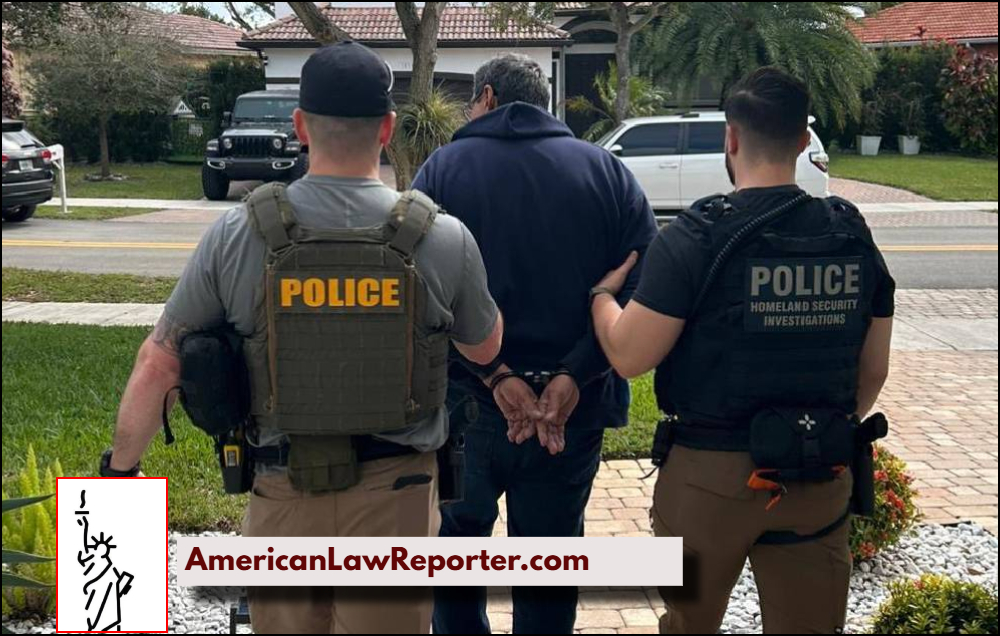Immigration arrests across the Washington, D.C. region are surging as U.S. Immigration and Customs Enforcement (ICE) intensifies enforcement under President Donald Trump’s second term.
Families and communities are increasingly confronted with a difficult question: what to do if a loved one is suddenly detained.
LaToya McBean Pompy, Esq., founder and chief executive of McBean Law, PLLC, has become a leading voice in providing clarity during such moments. Through her widely followed YouTube channel, McBean Immigration TV, which has nearly 300,000 subscribers, she breaks down immigration law and practical steps families can take when facing ICE enforcement actions.
Locating a Detained Person
McBean Pompy explains that the first step is to locate the individual through ICE’s Online Detainee Locator System. Families can search by the person’s nine-digit A-number or biographical information.
However, locating a relative does not guarantee clarity on when — or if — they can reconnect with loved ones. In many cases, detainees are transferred out of the D.C. area to facilities in Texas, Louisiana, or Florida. Fort Bliss, Texas, remains the largest detention center, capable of holding thousands.
“Persistence is often required,” McBean Pompy tells WUSA-9, especially in Louisiana, where access to detainees has been challenging even for attorneys.
The Importance of Legal Counsel
Once located, securing legal representation is critical.
“Having an attorney involved in the process very early on can make a very big difference with ensuring that your loved one or your relative gets to stay in the United States long enough to fight their removal action,” McBean Pompy advises.
An immigration lawyer can file motions, request bond hearings, and ensure due process rights are protected.
Planning Ahead
McBean Pompy stresses that immigrant families should create a plan of action in advance. This includes designating guardians for children, arranging care for assets, and identifying emergency contacts.
With immigration arrests in Virginia up 470% and in Maryland up 290% over the past year, preparation has become more urgent.
Rights During an ICE Encounter
Immigrants, like U.S. citizens, retain constitutional protections, including the right to remain silent. McBean Pompy emphasizes that those without legal status should not answer questions about citizenship.
However, individuals who do have legal protections — such as lawful permanent residents (Green Card holders), naturalized citizens, DACA recipients, or those with Temporary Protected Status — should disclose their status if questioned.
Concerns From Lawful Residents
Fear among Green Card holders and even naturalized citizens has grown amid heightened enforcement. McBean Pompy acknowledges that while isolated incidents of threats have occurred, denaturalization is an extremely rare and complex process.
“Most people will be fine,” she explains, underscoring that lawful permanent residents and U.S. citizens generally have strong protections under immigration and constitutional law.
Legal Takeaway
The surge in ICE arrests under Trump’s renewed enforcement priorities has intensified the need for legal literacy among immigrant families. Attorneys stress three core steps:
- Locate the detained individual using ICE’s system.
- Retain legal counsel as quickly as possible.
- Prepare a family plan to protect children and assets.
As McBean Pompy concludes, “Knowing your rights and having a plan in place can make all the difference.”

